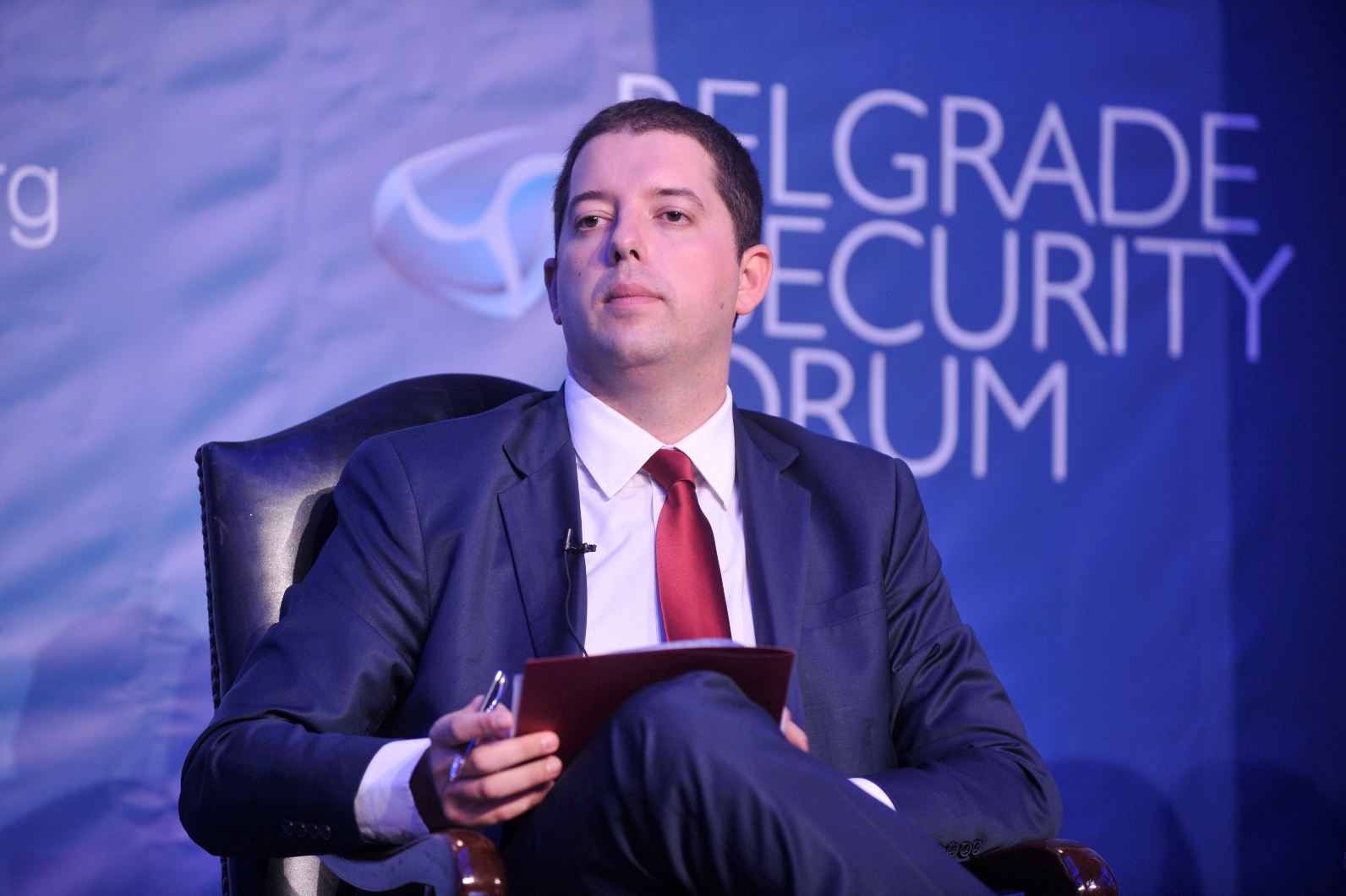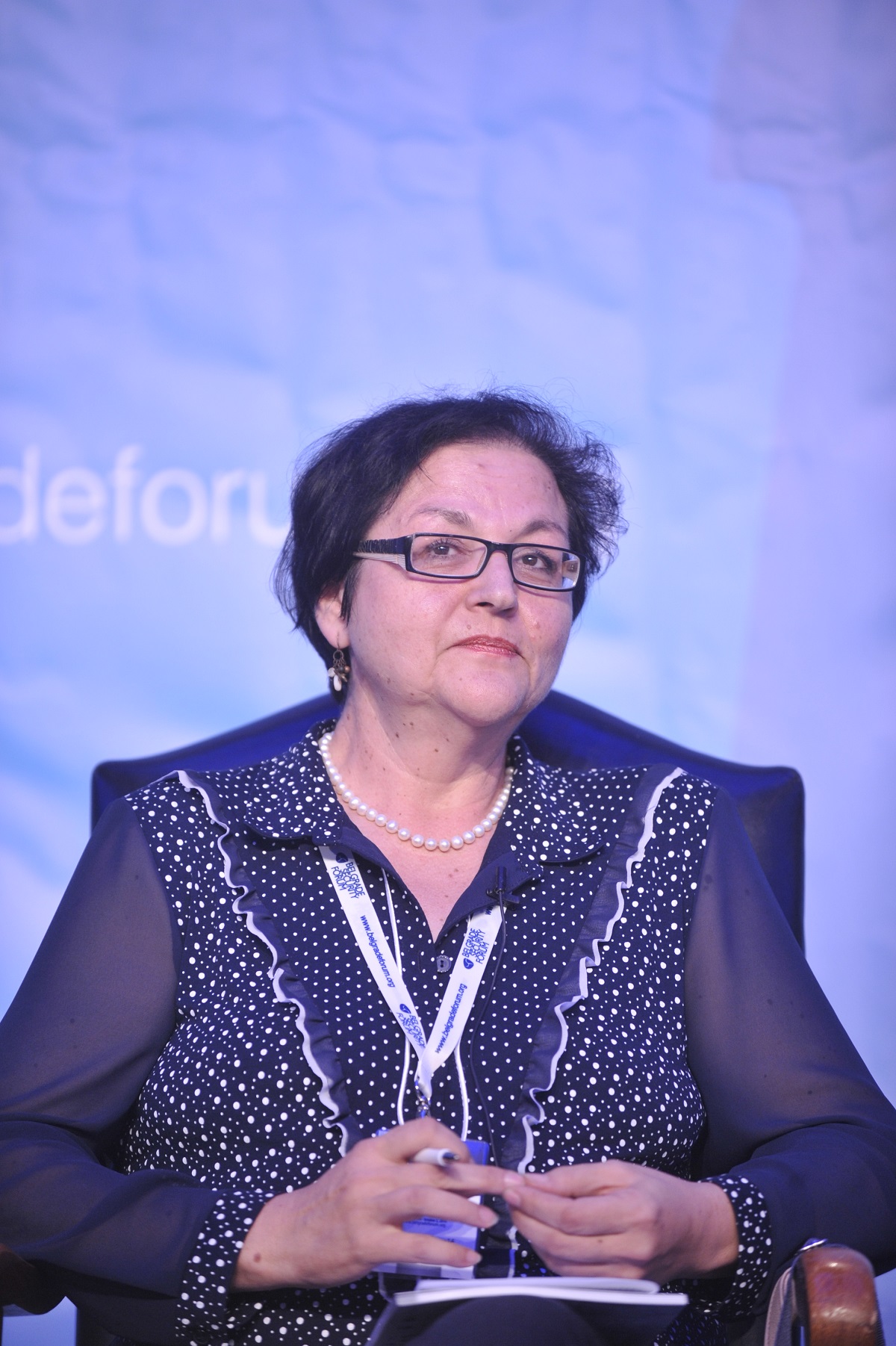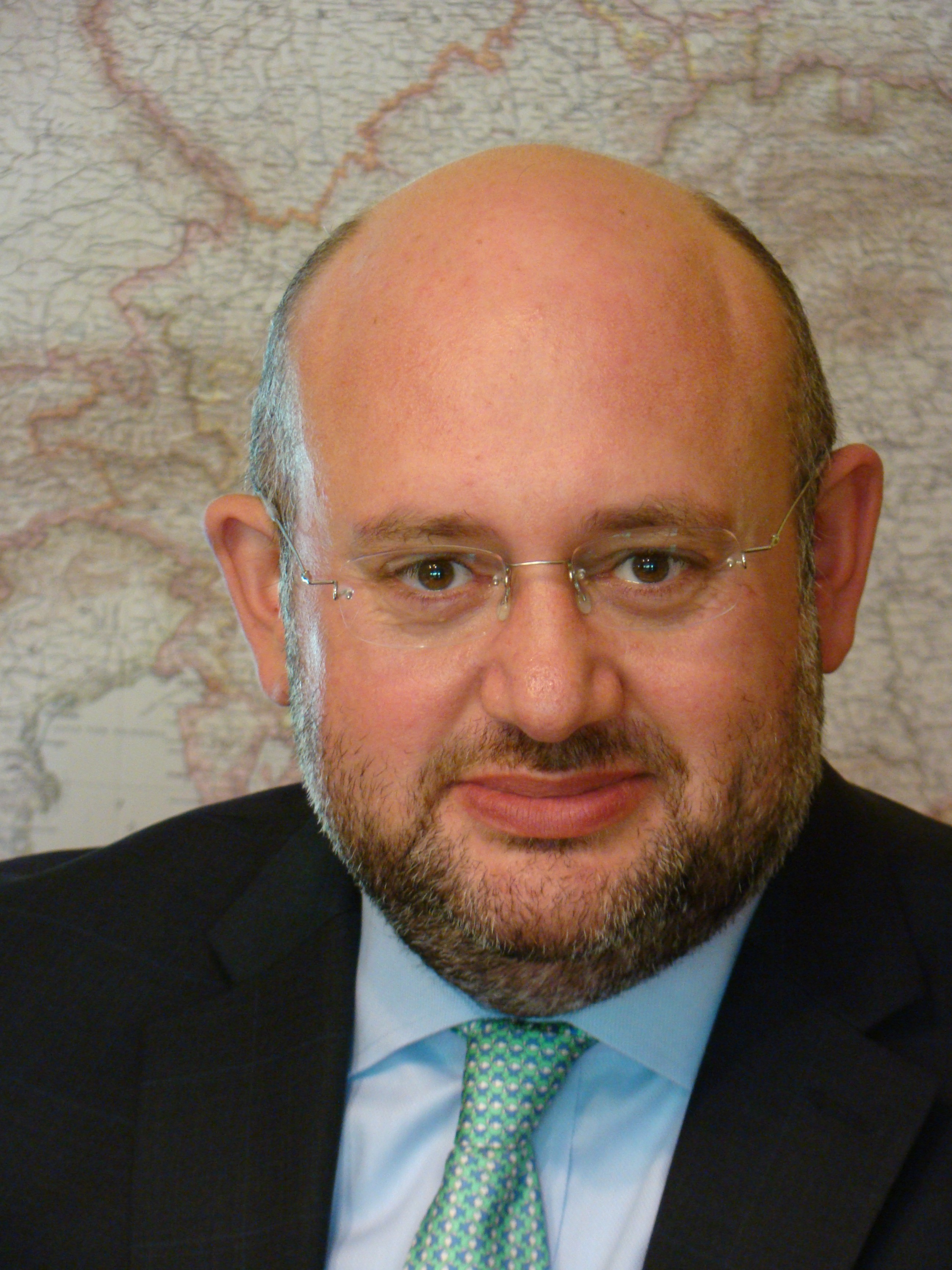Session 9: Belgrade-Pristina Dialogue: From Normalization Toward Normality (in partnership with the Council for Inclusive Governance-CIG)
Discussion Points:
- How to break the deadlock in the normalization process between Belgrade and Pristina and speed up the implementation of the agreements?
- How should the process be reformed?
- How the role of the EU in the Belgrade-Pristina negotiations should change in order for the process to be more effective and more democratic?
- How to move forward, from normalization to normality? What should this normality look like? Is it possible without the two sides agreeing on the end goal of the current dialogue?
- What are the best ways to make the normalization process more inclusive and more transparent and involve the parliaments, other state institutions and societies in a more meaningful way?
Background
The EU-mediated dialogue between Belgrade and Pristina started in 2011. During the first phase, the so-called technical negotiations, the two parties reached seven agreements which, so far, have been implemented to various degrees. The second phase, the political dialogue, started in 2013 with the “First Agreement of Principles Governing the Normalization of Relations” (the Brussels Agreement) signed on April 19, 2013 between the Prime Ministers of Serbia and Kosovo, which is considered a milestone in the normalization process. However, the implementation of the agreements reached during the dialogue is lagging behind the envisaged schedule due to numerous political obstacles that keep arising, such as the status of the Association of Serb-Majority Municipalities in Kosovo, frequent elections in Serbia and Kosovo, the disagreement over the ownership of companies based in Kosovo, and numerous others.
One of the major issues related to the normalization of relations between Serbia and Kosovo is the ownership of the entire process. It is striking that the normalization is EU-driven and EU-shaped. The factor of the EU conditionality has been so far the strongest impetus for the two parties to negotiate, as both Serbia’s and Kosovo’s EU perspectives are highly dependent on the success of the dialogue. One wonders if the dialogue would be more effective and more democratic and locally-driven if Belgrade and Pristina were motivated by factors other than the future EU membership (such as delivering tangible benefits of normalization for the citizens, rule of law, economic development, dealing with the past, etc.). The Belgrade-Pristina dialogue has also been widely criticized for that it takes place only at the high political level, with no possibilities for the parliaments, citizens, especially Serbs in Kosovo, civil society organizations, local authorities, etc. to participate in meaningful way. The participation of the broader society in the process of normalization is also hampered by the lack of transparency of the negotiations. This secrecy is led by the EU itself. Although the main texts of the agreements are usually made public, the negotiating process itself, as well as the implementation of the agreements remain non-transparent. Such situation is further aggravated by harsh nationalist rhetoric of both sides and their actions against the other side taken outside the Brussels process itself.
The aim of the entire Brussels process is to “normalize” the relations between Belgrade and Pristina, find solutions for the long-lasting disputes and, consequently, advance the European integration of Serbia and of Kosovo. However, the often asked question is what the “normalization” actually means, i.e. what is the content of the normalization, to which extent it has been achieved, and how the eventual end goal should look. In the initial phases of the dialogue, the mere fact that the two parties negotiate was seen as a big step forward. However, as the time passes, the dialogue itself cannot be considered a progress. Both societies, the opposition in Kosovo and part of the opposition in Serbia view the dialogue in an increasingly negative way. The impasse in the negotiations, as well as in the implementation of the agreed, became obvious and concrete results on the ground are insufficient. Most importantly, the Serbian community in Kosovo is still not integrated to a sufficient level in the Kosovo institutions and in the Kosovo society.
Selected Readings:
- Council for Inclusive Governance, 2017, “Resolving Disputes and Building Relations”
- Council for Inclusive Governance, 2017, “Parliaments and Normalization of Relations”
-
Nešović, B. and Celeghini, R. (2015) Community/Association of Serbian Municipalities: The Sum of All Fears. Mitrovica: NGO Aktiv.
Previous BSF Sessions on the Similar Topics:
2016
Session 2: The Belgrade – Pristina Dialogue and the EU Future
Meeting: Follow Us: Women Promoting Peace and Security
2015
Session 1: Kosovo and Serbia – How Much Longer Before Normality?
2014
Evening Panel: Serbs and Albanians in 2025 as Friends and Allies: How do We Get There?
2013
Session 9: Serbia and Kosovo: A Game Changer in the Balkans?
Session 11:Human Security in Kosovo*
2012






